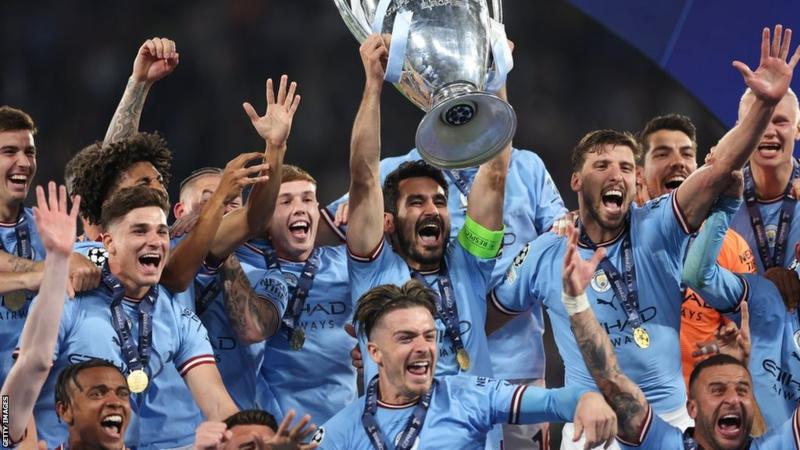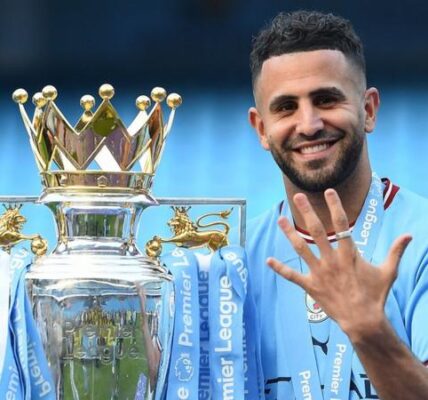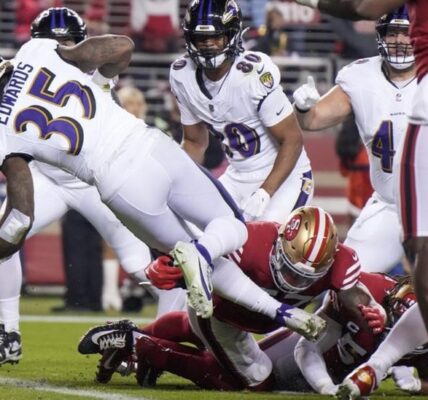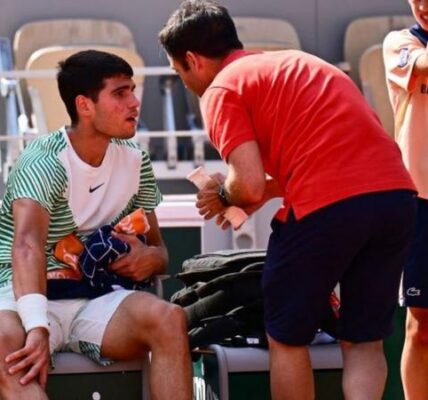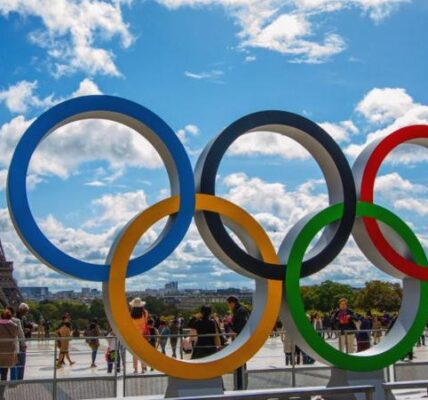Manchester City’s Champions League victory in Istanbul was one of the most significant outcomes in football in recent years.
It marked the end of City’s long quest for the most cherished trophy.
And by achieving only the second Treble in English club history, it insured that the players and their manager will go down in history as legends.
When you consider that City were in the third division when archrivals Manchester United won the only previous Treble in 1998-99, the significance of what has been a spectacular sporting journey becomes evident.
Of course, City had surpassed United both on and off the field long before Istanbul. However, success confirmed a seismic shift in the sport’s balance of power – in Manchester, locally, and now in Europe, where many believe Pep Guardiola’s squad can dominate as they did in England.
They dominated Europe at a time when Qatari and Saudi sovereign wealth funds own PSG and Newcastle United, respectively. When a member of Qatar’s ruling family makes a bid to buy Manchester United. It happened just days after it was declared that Saudi funding was ready to change the way golf is run around the world. For many, Istanbul represented yet another significant milestone in the broader issue of Middle Eastern investment in sports.
There is plenty to love about City’s style of play, Guardiola’s coaching, and their larger system and global structure, which now includes a cutting-edge academy and 13 teams under the City Football Group (CFG).
City’s under-18s became the only team in history to win three consecutive national championships. City’s under-21s are also the first to win a hat-trick of Premier League 2 titles in a row.
In addition, City’s relaunched women’s team has won the FA Cup three times and the Women’s Super League once since 2016.
However, in addition to newfound appreciation, City’s victory implies more scrutiny.
The appearance in Istanbul of majority owner Sheikh Mansour, whose sovereign wealth has transformed the club’s fortunes, at only his second City match since taking over via his Abu Dhabi Investment Group in 2008, was a stark reminder of some of the questions and issues that surround the new European champions.
The fact that Mansour, the deputy prime minister of the United Arab Emirates (UAE), was attending his first City game in 13 years obviously raised more doubts about his motivation for ownership.
Human rights activists fear the club is being used to’sportswash’ the “deeply tarnished image” of the oil-rich UAE, as described by Amnesty International.
More than 40 non-governmental organizations (NGOs) accused the UAE this month of waging a “persistent assault on human rights and freedoms, including targeting human rights activists, enacting repressive laws, and using the criminal justice system as a tool to eliminate the human rights movement.”
The UAE has also had one of the highest per-capita carbon-emission rates in the world.
However, evidence of a substantial investment with added value, rather than simply a soft power vehicle in an attempt to diversify its economy and enhance tourism, can be provided.
City can refer to the fact that, while approximately £1.5 billion has been spent on new players since 2008, Mansour purchased City through a private equity firm for £200 million, and they are now valued at £4 billion, with a £42 million profit made last year.
